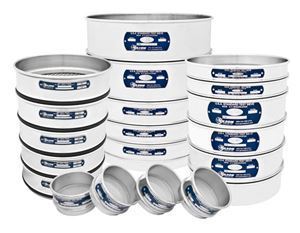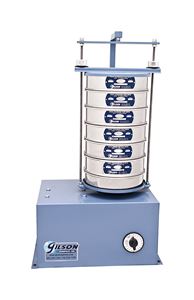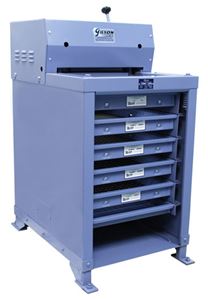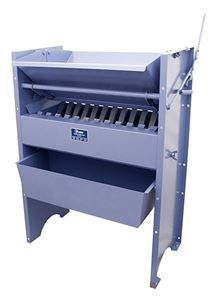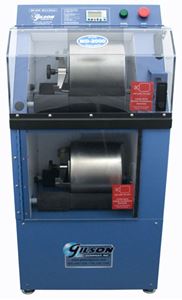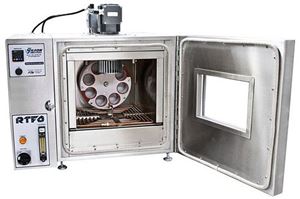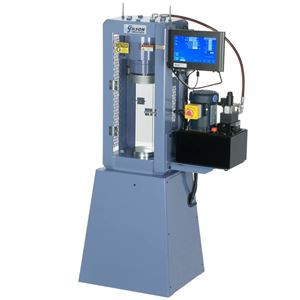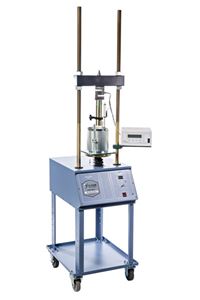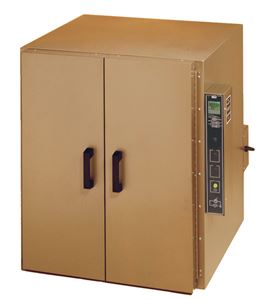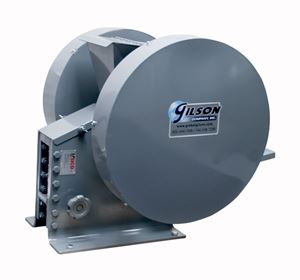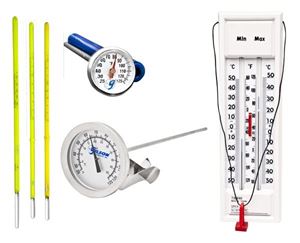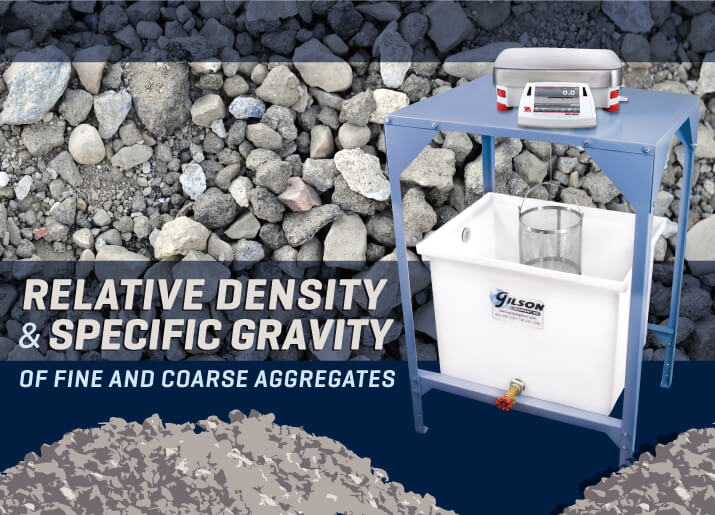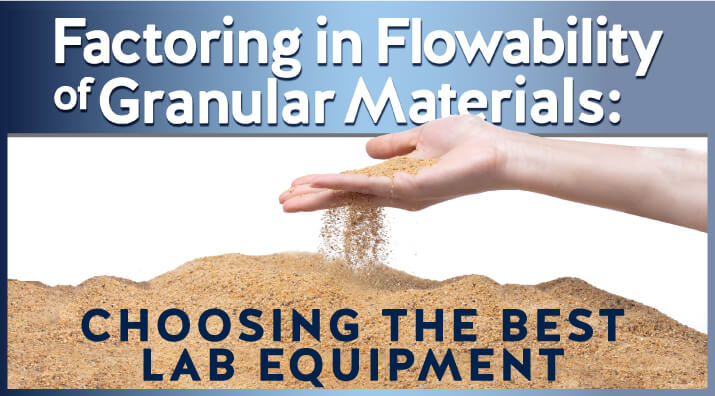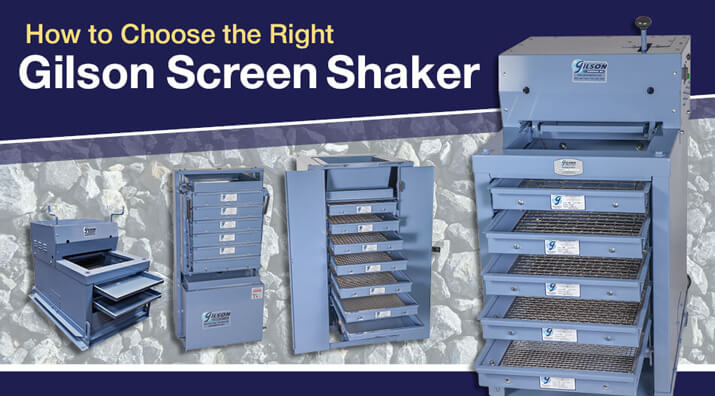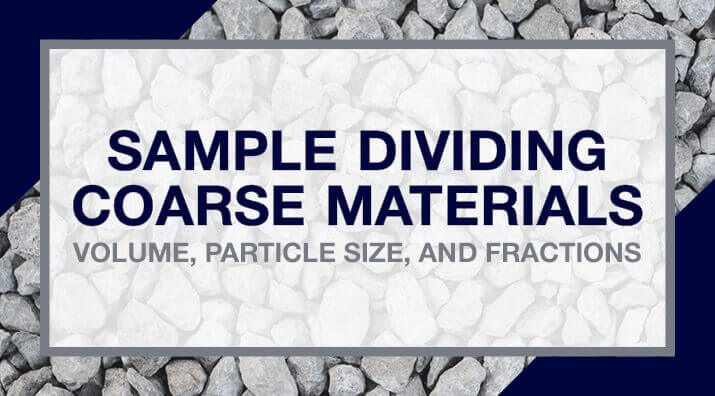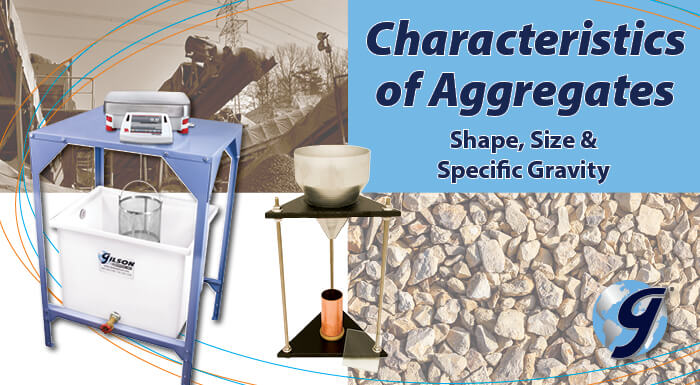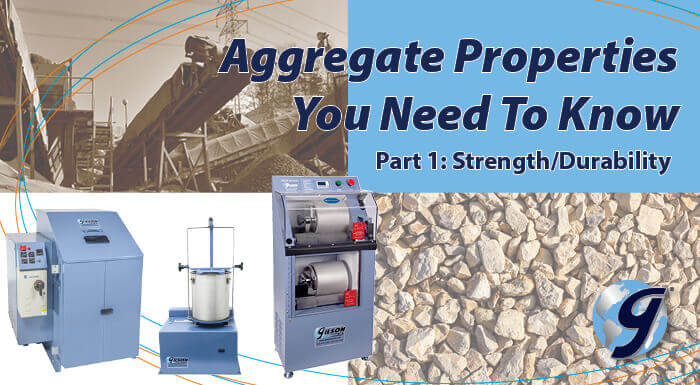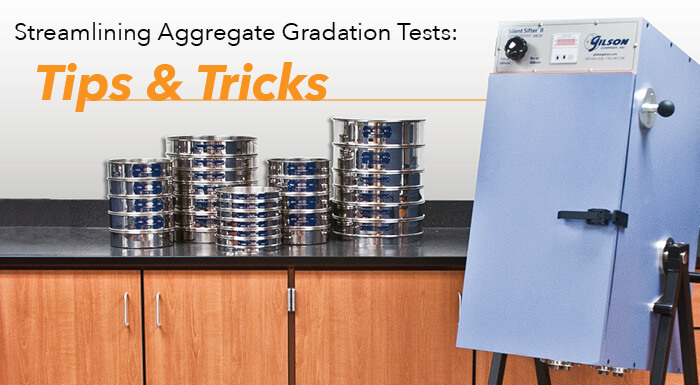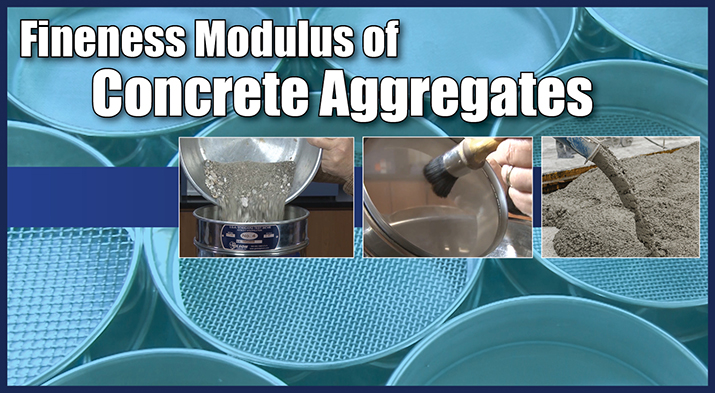Determining relative density, or specific gravity, allows accurate conversion of volumes to gravimetric weights for proportioning materials. Learn more about relative density/specific gravity test methods and the equipment used to perform this laboratory test.
- Log in
- Favorites List
-
Shopping Cart
You have no items in your shopping cart.
Blog posts tagged with 'Coarse Aggregate'
Have questions about your materials testing equipment? We have the answers to these questions and much more right here! Check back monthly for long-form blog posts, how-to guides and infographics. We’ll address industry insights, the operation and maintenance of specific equipment, and our product line recommendations, all designed to better serve you.
Bookmark this page, add it to your RSS reader, or subscribe to our newsletter, so you never miss a hot topic.
Every stage of sampling, dividing, and testing granular material is affected by its flow properties. Understanding a particular material and the unique factors that impact its flowability increases the efficiency and accuracy of your laboratory testing and can even help control your budget. In this article, we discuss what equipment is best suited for your testing application.
Particle size gradation is the most often-performed test on aggregates, and effective characterization can’t move forward without it. Testing screens offer an efficient and cost-effective method for accurate size determinations of coarse materials. This blog post will help you select the right Gilson Screen Shaker for your testing applications.
In this blog post, we focus on the specialty large volume splitters. These sample dividers you may not see every day. They have unique features that could solve a problem for you when sample dividing coarse aggregates.
Does the particle size analysis of coarse aggregates always require a testing screen with large screen trays? In a situation where larger testing equipment is not available, there may still be ways to get the job done. Using conventional round test sieves for large particle sizes is less efficient, but still acceptable if done properly. We discuss test requirements, sieve capacities, and tips to help with equipment selection.
Concluding our two-part series on aggregate characteristics. Find out how shape, size, and specific gravity play a part in determining the effectiveness of aggregates in construction projects.
Soundness, toughness, and durability are all critical components to the effectiveness of aggregates used in construction. In part one of our series on aggregates, you’ll get an insider’s look at their strength properties, the methods of testing, and how to select the proper equipment for testing.
Sieving for particle size distribution is the primary test requested for construction aggregate samples. Whether field samples are being tested to evaluate a new aggregate source or just coming in as part of day-to-day quality control of production, particle size distribution is a primary consideration. If processing and sieving is not handled efficiently, it creates a backlog.
When designing concrete mixes, fineness modulus of the fine aggregate alone is required for effective proportioning of mixes. This blog post explores the process of determining and calculating fineness modulus, and how to accordingly select proportions of coarse aggregate.
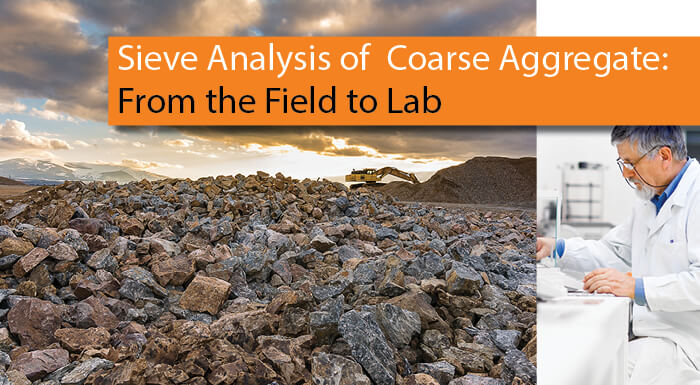
In part 3 of this three-part series, we’ll cover the procedure for effective particle size distribution of coarse aggregates, useful equipment and testing tips.
- 1
- 2
- 2026
- 2025
- 2024
- 2023
- 2022
- 2021
- 2020
- 2019
- 2018
- 2017
- 2016
- 2015

